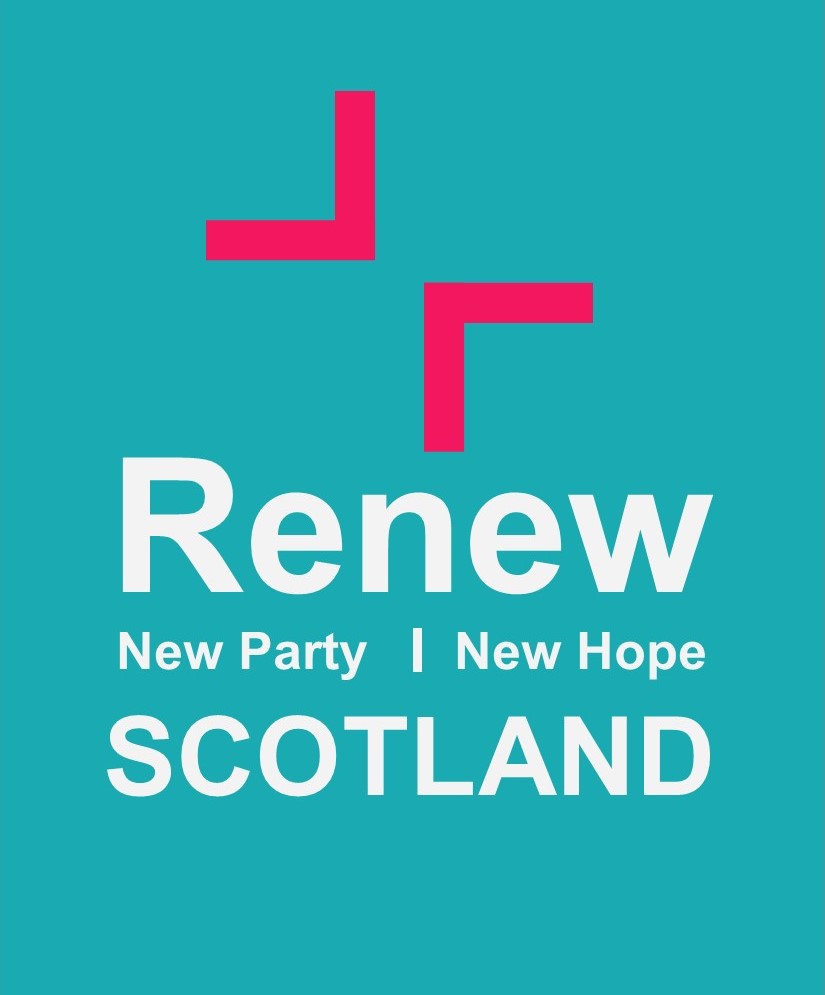Five questions for prospective local candidates in the upcoming Scottish Parliamentary election

For almost 150 years the Cockburn Association has campaigned to preserve, protect and promote the built heritage, natural environment and civic amenity of Edinburgh and its surrounding area.
Our passion has been backed by an array of professional expertise. The city we cherish today, with its dramatic skyline and World Heritage Site rather than motorway interchanges, owes much to those efforts.
However, recent years witnessed pressures as Edinburgh has increasingly become the main dynamo of the Scottish economy, at the same time as Holyrood and the City Council have set ambitious net zero carbon targets.
In addition there are the challenges presented by Covid, which has highlighted the importance of freely accessible, good quality parks and other public space for health and wellbeing, as well as the need to tackle inequalities.
The Cockburn Association believes that the climate emergency, public health and the legacy from pre-pandemic inequality meant that “rebuilding” should not mean resetting the clock to 2019.
In particular, we urge those seeking to represent Edinburgh’s citizens in the Parliament to recognise that many Edinburgh residents, particularly those living in the city centre, have been alarmed by the over tourism of the past few years.
Another decade like the last one will drastically change the character of the city, leaving it less resilient in the face of the next crisis.
Those elected to Holyrood will face intense lobbying by representatives of interests keen to reaffirm their free reign to use the city’s parks, open green spaces and residential blocks for their respective private commercial benefit, including the events, festivals and short-term letting industries.
We ask our representatives to ‘build back better’ rather than re-enact 2019. The Cockburn’s “Our Unique City” manifesto presents the case for the path the capital should take.
As local residents make a decision as to which candidate they will vote for, the Cockburn has five “asks” to put to each person who wishes to represent the city of Edinburgh constituencies or the Lothians region:
Will you stop the commodification and privatisation of Edinburgh’s cherished public places?
Access to public streets, parks and open spaces should always be free and unrestricted and the availability of open space for physical and mental wellbeing has never been so important as it is today. When events are permitted, infrastructure, such as physical and visual barriers, must be minimised and removed as quickly as possible.
Soft-surfaced spaces should never be used for events that require significant constructions. Continual replacement of turf and the damage to trees resulting from events is unsustainable, expensive and simply wrong. Commercial interests should not determine how public spaces are used.
Will you commit to the regulation of Short Term Lets in Edinburgh and their overall reduction, returning these homes to permanent residential use?
The last decade has seen an exponential growth in unregulated short-term-let accommodation.
This has hollowed out the city centre, displacing permanent residents and replacing them with holiday guests and party flats. This trend must be reversed with clear and unequivocal regulation implemented urgently. The unsustainable number of current short term lets needs to be reversed, with significantly enhanced enforcement action.
Will you support better planning and building standards to improve the quality and amenity of new housing?
The global pandemic has illustrated the importance of quality spaces within the home and its immediate environs. More home working will require better minimum space standards to ensure healthy working habits. Increased and innovative outdoor space in housing developments (both quantity and quality) would encourage greater well-being and active family environments.
The UK has some of the smallest space standards for housing in Europe. A return to the Parker Morris Standards of the 1960s (updated, of course) is required and a move beyond minimum standards for climate mitigation and carbon management.
Will you incentivise the maintenance and care of our traditional building stock by supporting the reduction of VAT on repairs to zero?
The most sustainable building is an existing building. In a city defined by its historic and traditional architecture, incurring VAT on maintenance and refurbishment costs is a significant financial burden.
It results in less work for more money. It acts as a disincentive for homeowners to invest in the fabric of their homes, reducing sustainability and increasing fuel poverty. The Cockburn first called for tax relief on heritage properties in 1935 and we do so again.
Will you ensure that funding for tourism and events in Edinburgh results in direct support for local businesses and cultural organisations?
Edinburgh’s hospitality, service and cultural sector must be supported and championed, rather than face continued publicly subsidised and unfair competition from temporary ‘pop-up’ operators and event promoters, diverting much-needed trade away from struggling, long-established local businesses.
The Scottish Parliament regularly supports local community wealth-building initiatives elsewhere in Scotland, focused on micro rather than macro-economic recovery opportunities, this principle must also be applied in Edinburgh too, especially in the post-pandemic era.
We would be delighted if readers of this piece put one or more of these questions to their local Edinburgh constituency or Lothian List candidates.
Before going to the polls it is hugely important that you hear the thoughts of each prospective candidate on these vitally significant issues and receive a commitment to action each one during the next five years if successfully elected to the Scottish Parliament.


A full list of Edinburgh Constituency and Lothian List candidates can be found here.












